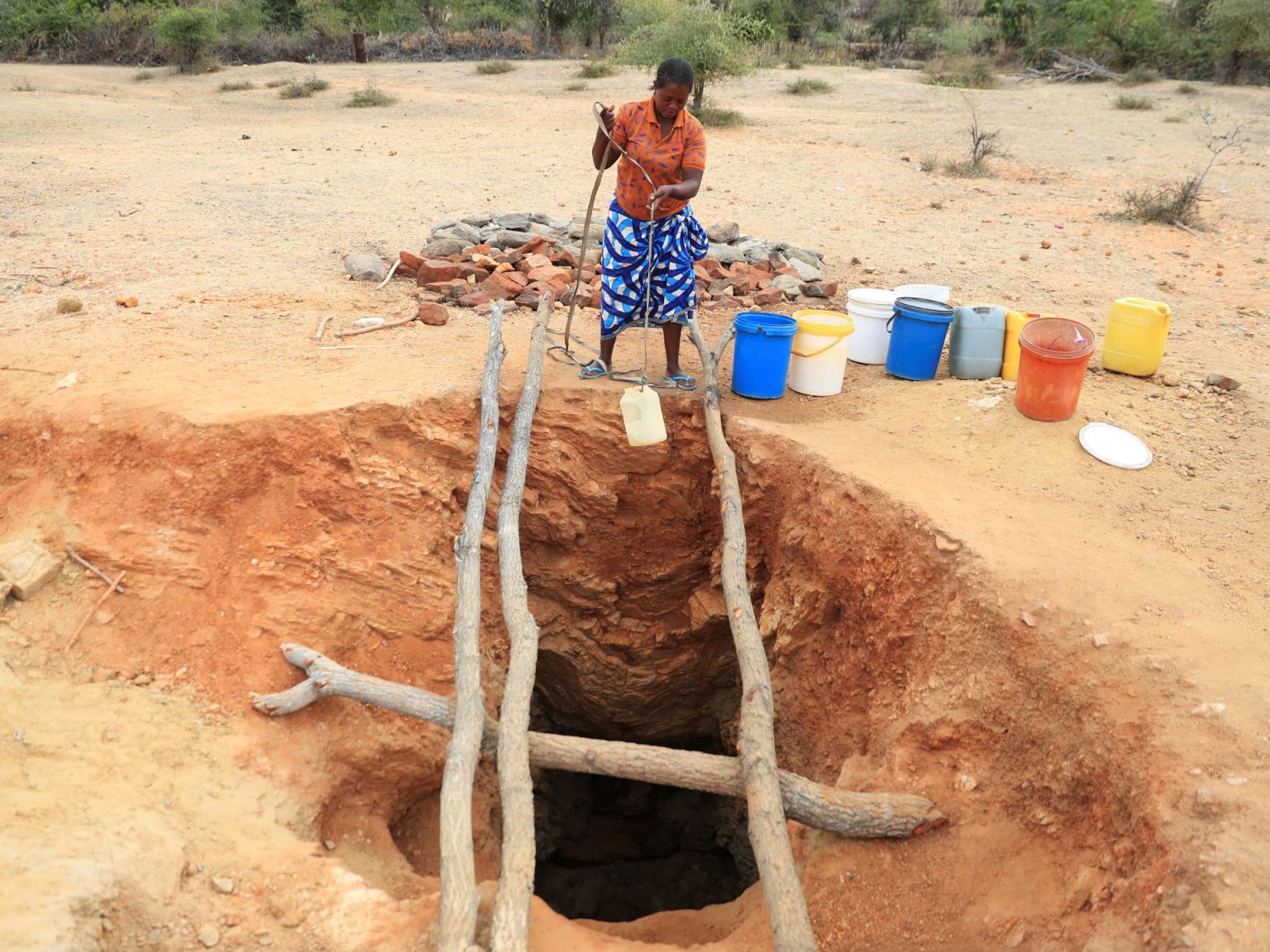The United Nations has issued a warning that more than 27 million lives across Southern Africa are being affected by a historic drought, with 21 million children suffering from malnutrition. Countries such as Lesotho, Malawi, Namibia, Zambia, Zimbabwe, Angola, and Mozambique have declared a state of national disaster due to the devastating impact of the drought on crops and livestock. The crisis is expected to worsen until the next harvest in March or April 2025, with families struggling to provide even one meal a day for their children.
Aid agencies had raised concerns about the potential for disaster due to the El Nino weather phenomenon causing below-average rainfall in the region. The effects of the drought have been compounded by rising temperatures associated with climate change. The situation has been described as the worst drought in a century, with significant crop failures in countries like Zambia and Zimbabwe. The lack of rain has also affected hydropower capacity, leading to electricity cuts, and has prompted Namibia and Zimbabwe to cull wildlife in order to provide meat for those who are hungry.
The devastation caused by the drought has highlighted the vulnerability of sub-Saharan Africa to the impacts of climate change. The region’s reliance on rain-fed agriculture and natural resources makes it particularly susceptible to the effects of erratic weather patterns. Millions of people in the region depend on agriculture for their livelihoods, but the changing climate poses significant challenges for crop yield, taste, and harvest periods. Poor countries in the region struggle to finance climate-resilience measures to mitigate the effects of droughts and irregular rainfall.
The crisis in Southern Africa underscores the urgent need for international assistance to address the humanitarian catastrophe unfolding in the region. The World Food Programme and other aid agencies are working to provide food aid and support to those affected by the drought. However, more resources and support are needed to prevent further suffering and to help communities recover from the devastation caused by the worst food crisis in recent history. Additionally, efforts to address the root causes of climate change and to build resilience in vulnerable communities are essential to prevent similar crises from occurring in the future.
The impact of the drought on millions of lives in Southern Africa highlights the interconnected nature of climate change, food insecurity, and poverty in the region. Urgent action is needed to address the immediate needs of those affected by the crisis, while also working towards long-term solutions to build resilience and adapt to the changing climate. International cooperation and support are crucial in order to prevent further suffering and to ensure the well-being and survival of communities facing the effects of the worst drought in a century.













